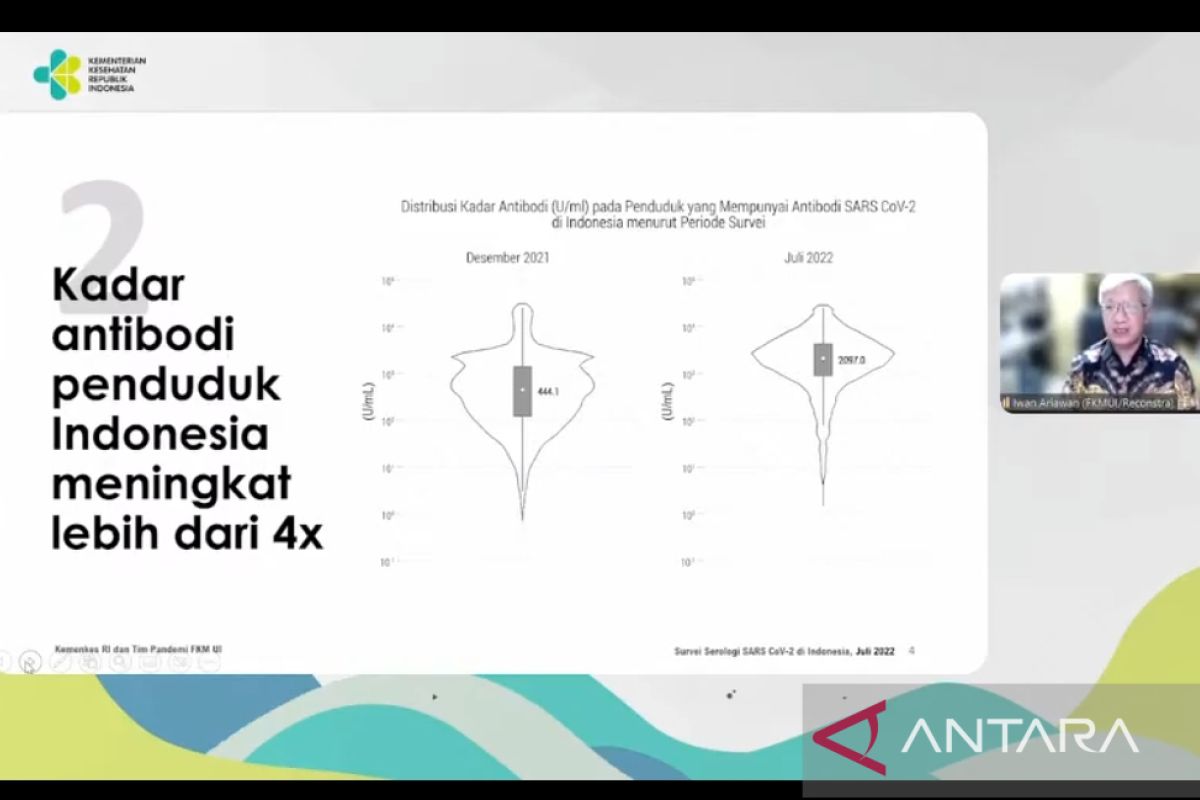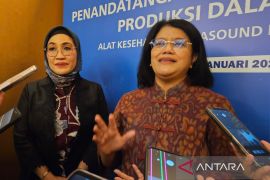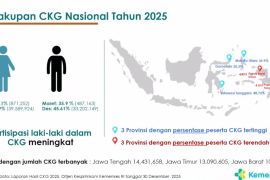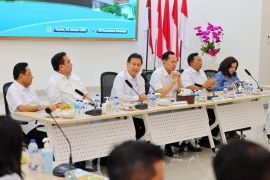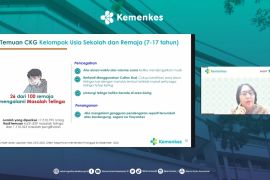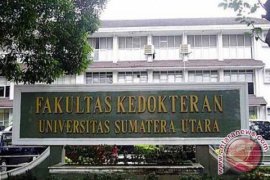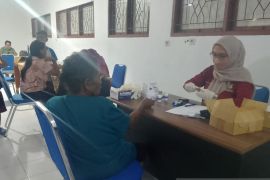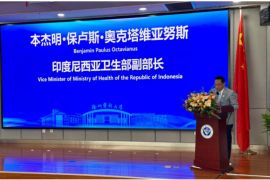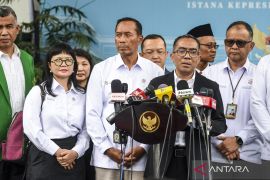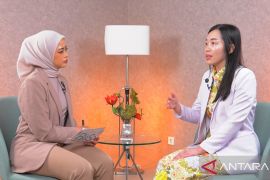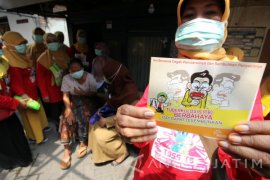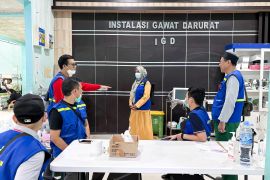The median (value of the) antibody levels increased from 444 units per milliliter to 2,097 units per milliliter.Jakarta (ANTARA) - The third serological survey (serosurvey) held across the country in July 2022 has found that 98.5 percent of Indonesian people have developed antibodies against COVID-19, the Health Ministry has informed.
"The serosurvey results show an increase in the number of the population who have the SARS-CoV-2 antibodies from 87.8 percent in December 2021 to 98.5 percent in July 2022," an epidemiologist from University of Indonesia, Iwan Ariawan, said during a virtual press conference that was broadcast on the ministry's YouTube channel on Thursday.
The survey was conducted through a collaboration between the Health Ministry and the pandemic team of the Public Health Faculty (FKM) of the University of Indonesia (UI), he added.
The first serosurvey was held nationally in December 2021, whiles the second survey was held for Java and Bali regions in March 2022.
The third serosurvey was carried out by reviewing 84.5 percent of the total 20,501 samples selected in 2021 with the help of questionnaires and antibody examinations. It covered 100 cities and districts.
Related news: Drop-out group must repeat vaccination for stronger antibodies: ITAGI
"According to the map (presented during the press conference), respondents of the serosurvey come from all over Indonesia. It will describe the antibody level of the population in Indonesia," the epidemiologist said.
The survey found that the antibody level had increased more than four times compared to December 2021.
"The median (value of the) antibody levels increased from 444 units per milliliter to 2,097 units per milliliter," Ariawan said.
On the same occasion, another epidemiologist from University of Indonesia, Pandu Riono, said that the antibodies were developed by the community through vaccination or exposure to the virus.
"The survey results indicate that the (administration of) booster (vaccinations) is very important," he added.
Currently, the national coverage for the first booster has only reached about 28 percent, he noted. The figure is still far from the determined target of 50 percent.
Hence, he suggested that the first booster target be completed before administering the second booster dose to the general public.
Related news: Premas Biotech and Oramed announce oral COVID-19 vaccine candidate that produces antibodies after a single dose
Translator: Andi Firdaus, Uyu Liman
Editor: Suharto
Copyright © ANTARA 2022
